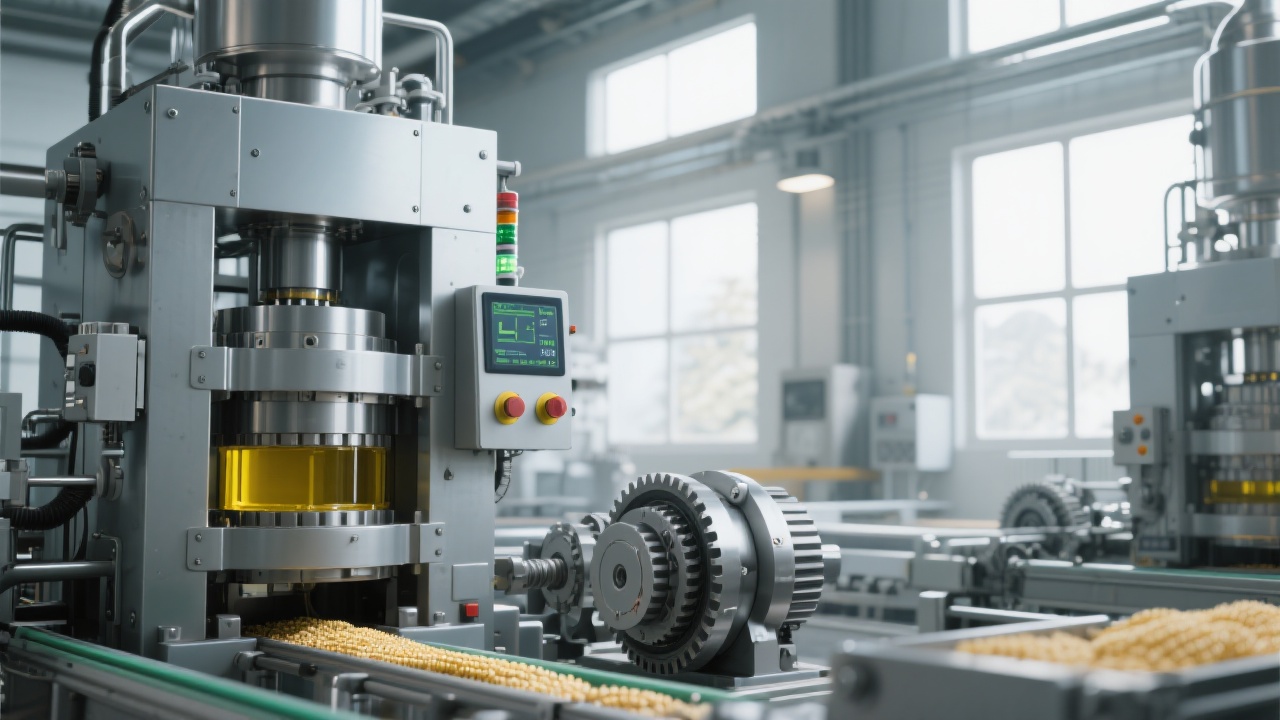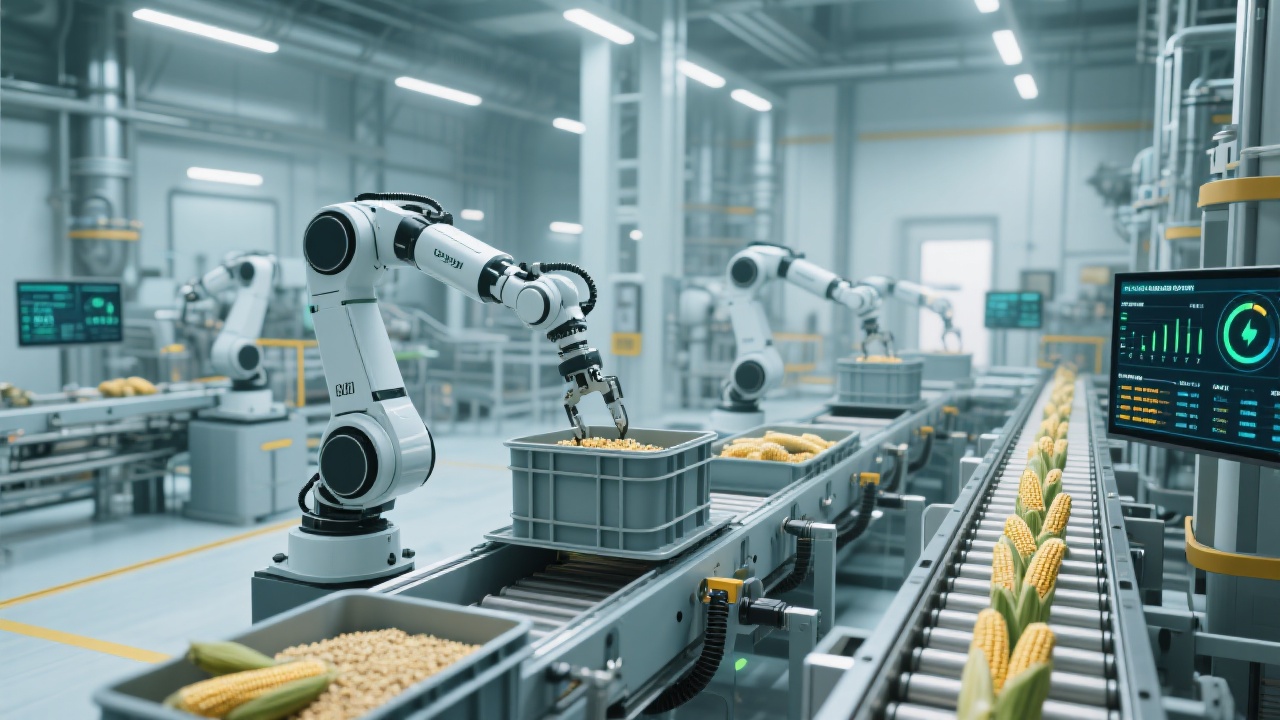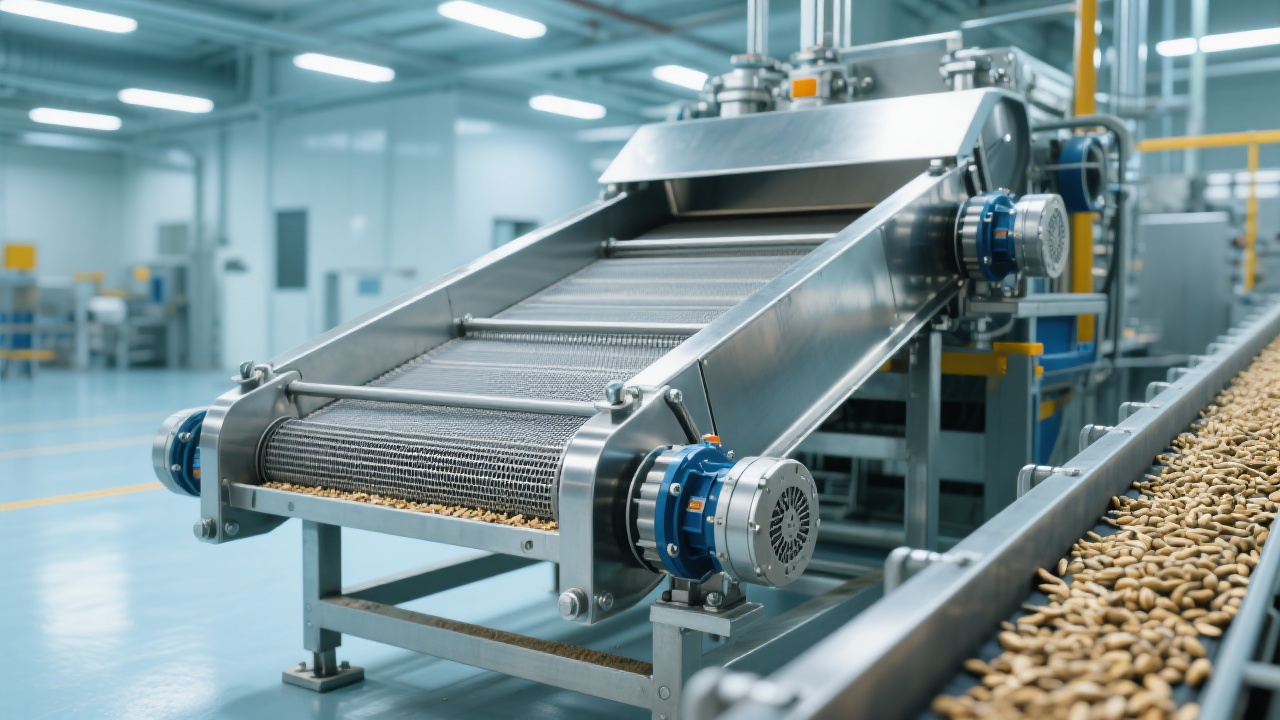
In the international market, many peanut oil processing enterprises face challenges in exporting their products. The main reasons are sub - standard processing technologies and the lack of environmental compliance. According to industry research, nearly 30% of peanut oil export failures are due to non - compliance with environmental regulations and quality standards. For example, some traditional peanut oil production processes have high energy consumption and generate a large amount of waste, which not only fails to meet the environmental protection requirements of importing countries but also leads to unstable product quality.

The quality of raw materials is the foundation of peanut oil quality. High - quality peanuts should have a moisture content of less than 10% and an oil content of more than 45%. Only by strictly controlling the moisture and oil content of peanuts can we ensure the stability of the subsequent production process and the quality of the final product.
The pressing temperature and pressure have a significant impact on the quality of peanut oil. Generally, the optimal pressing temperature is between 100 - 120°C, and the pressure is about 30 - 40 MPa. As shown in the following temperature curve comparison chart, different temperature settings will lead to different oil yields and quality indicators. A too - high temperature may cause the oil to oxidize and produce harmful substances, while a too - low temperature will result in a low oil yield.

The peroxide value is an important indicator reflecting the degree of oxidation of peanut oil. The peroxide value of high - quality peanut oil should be less than 0.25 g/100g. Enterprises need to strictly control the peroxide value in the production process to ensure the freshness and safety of the oil.
The fully automatic peanut oil pressing production line can significantly reduce human errors. Its advanced automation system can accurately control the pressing temperature, pressure, and time, ensuring the stability of product quality. At the same time, the production line adopts energy - saving and clean production technologies. For example, it can recycle waste heat, reducing energy consumption by about 30% compared with traditional equipment, and achieving clean and environmentally friendly production.
ISO 22000 and HACCP systems play a crucial role in peanut oil production. ISO 22000 emphasizes the food safety management system, covering all aspects from raw material procurement to product sales. HACCP focuses on identifying and controlling potential hazards in the production process. Enterprises that implement these two systems can better ensure product quality and safety, meeting the requirements of international markets.
It is reported by the Food and Agriculture Organization of the United Nations (FAO) that peanut oil production enterprises that obtain ISO 22000 and HACCP certifications have a 20% higher probability of successfully entering the international market than those without certifications.
A peanut oil processing enterprise in [Region] previously faced difficulties in exporting its products due to quality issues. After investing in a fully automatic peanut oil pressing production line, it successfully passed the EU food contact materials certification. In the first year after certification, its export volume increased by 50%, and the product quality was highly recognized by international customers.

The continuous changes in environmental protection regulations have a long - term guiding effect on the peanut oil pressing process. Future regulations will focus more on energy conservation, emission reduction, and waste management. Enterprises need to continuously upgrade their production technologies to adapt to these regulatory changes and gain a competitive edge in the international market.
Are you facing challenges in peanut oil production and export? Have you ever encountered problems such as product returns due to excessive acid value? Let every drop of peanut oil meet international standards. Invest in a fully automatic peanut oil pressing production line and win global orders! Click here to learn more.

